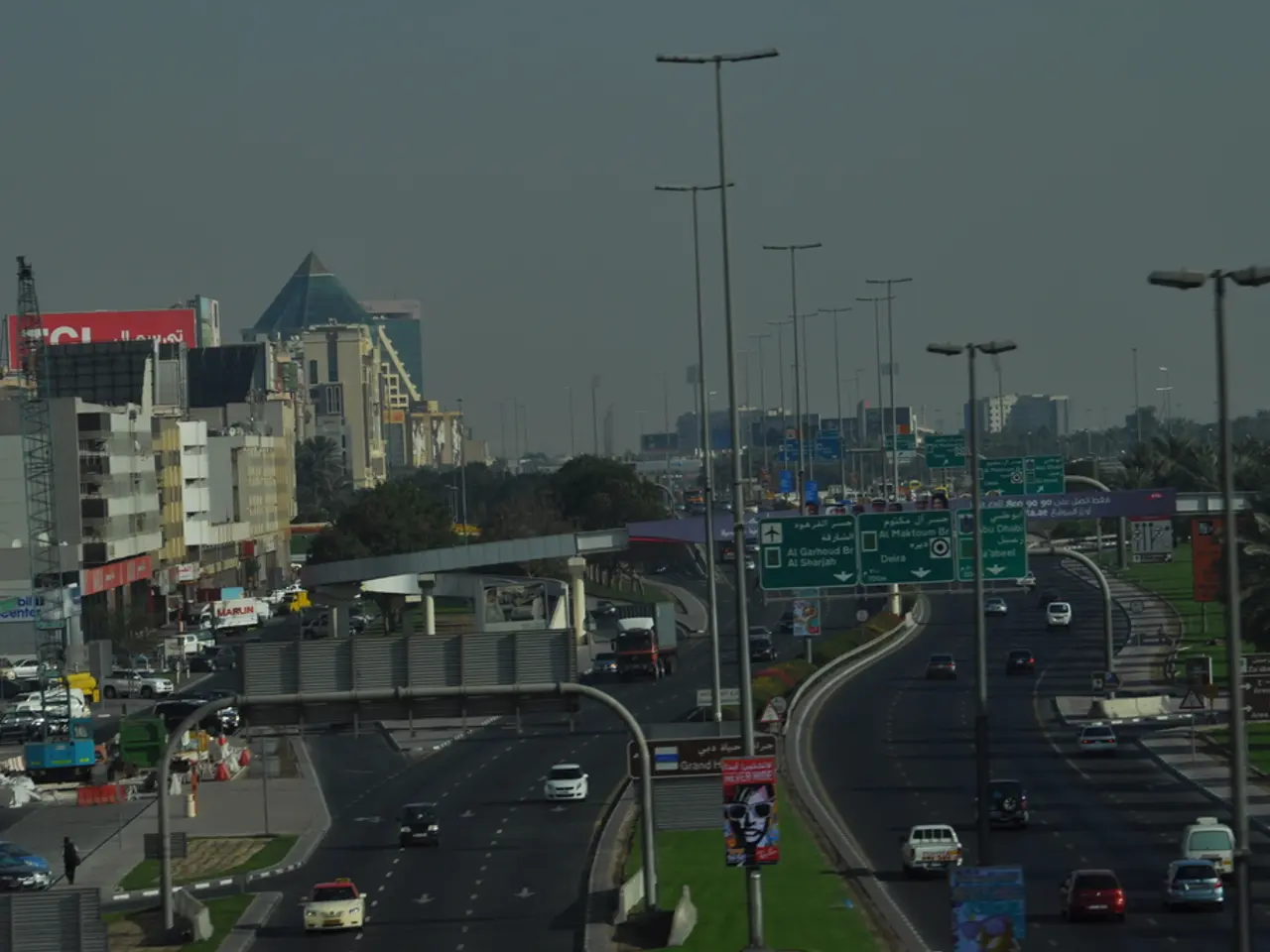Cinema theaters' financial contribution to local neighborhoods
In a groundbreaking study titled "Measuring the economic value of cinema venues", researchers have found that cinema-goers in the UK are willing to pay, on average, £14.78 per year to ensure the continued existence of their local cinemas. This finding reinforces the idea that cinemas can play an important role in revitalizing and sustaining communities, towns, and high streets.
The study, led by Hasan Bakhshi, was conducted by a team including Professor Dave O'Brien from the University of Manchester, Dr Peter Campbell from the University of Liverpool, and others. The research focused on six cinemas in a range of locations, falling into three distinct groups: cinemas that show over 50% non-mainstream films, cinemas in areas which have low cultural offers, and cinemas that provide additional experiences like cafes, bars, restaurants, or workspaces.
Interestingly, cinemas which align with one of these three groups generate at least £600k of additional economic social value per year each. This positive and significant willingness-to-pay for 'cold-spot' cinemas is particularly important to note, as their closure due to financial pressures would significantly reduce valuable cultural provision to communities across the UK and impact local businesses.
The Creative Industries Policy and Evidence Centre (Creative PEC), funded by the Arts and Humanities Research Council, is responsible for this research. The Centre's Director of Research and Industry Innovation, Rishi Coupland, has been instrumental in this project.
The study captures the 'non-market benefits' of cinema, the value that cinema users place on cinema venues over and above the value of films they pay to watch. This finding adds to the growing evidence base on the value of the UK's cultural and heritage assets.
Elsewhere, Creative Scotland has announced the outcome of its new Multi-Year Funding Programme. Meanwhile, Dr Ruoxi Wang from the University of Sheffield and Bernard Hay, Head of Policy at Creative PEC, are currently researching the self-employed workforce in England and Wales.
In other news, the new technology landscape emerging from AI and Genetics is prompting discussions about a new AI Intellectual Property Right for composers, authors, and artists. Journalism occupations are also included on the DCMS's list of Creative Occupations.
Finally, the Mahakumbh Mela, India, 2025, is estimated to generate a trade value of £280 billion. Economic valuation techniques, when applied with due care and attention, are accredited by HM Treasury for use in cost-benefit analysis when government departments appraise investment decisions.
These findings underscore the significant role that cinemas play in our communities and the importance of supporting and sustaining them. The study serves as a testament to the value that cinema users place on these cultural and community assets.
- The economic value of cinema venues is a topic of significant interest, as evidenced by the groundbreaking study led by Hasan Bakhshi.
- Cinemas that show non-mainstream films, are located in areas with low cultural offers, or provide additional experiences contribute at least £600k of additional economic social value annually.
- The Creative Industries Policy and Evidence Centre (Creative PEC) is the organization responsible for this research, with Rishi Coupland playing a crucial role.
- The study captures the 'non-market benefits' of cinema, adding to the growing evidence base on the value of the UK's cultural and heritage assets.
- Creative Scotland has recently announced the outcome of its Multi-Year Funding Programme, while Dr Ruoxi Wang and Bernard Hay are researching the self-employed workforce in England and Wales.
- The new technology landscape, driven by AI and Genetics, is generating discussions about a new AI Intellectual Property Right for composers, authors, and artists.
- Journalism occupations are included on the DCMS's list of Creative Occupations, reflecting the broader scope of the creative industries.
- The Mahakumbh Mela, India, 2025, is estimated to generate a trade value of £280 billion, underscoring the economic impact of cultural events.
- Economic valuation techniques, when applied with care, are accredited by HM Treasury for use in cost-benefit analysis, highlighting their importance in government investment decisions.
- This research reinforces the idea that supporting and sustaining cinemas is essential, given the emotional and economic value they bring to communities and the broader economy.




